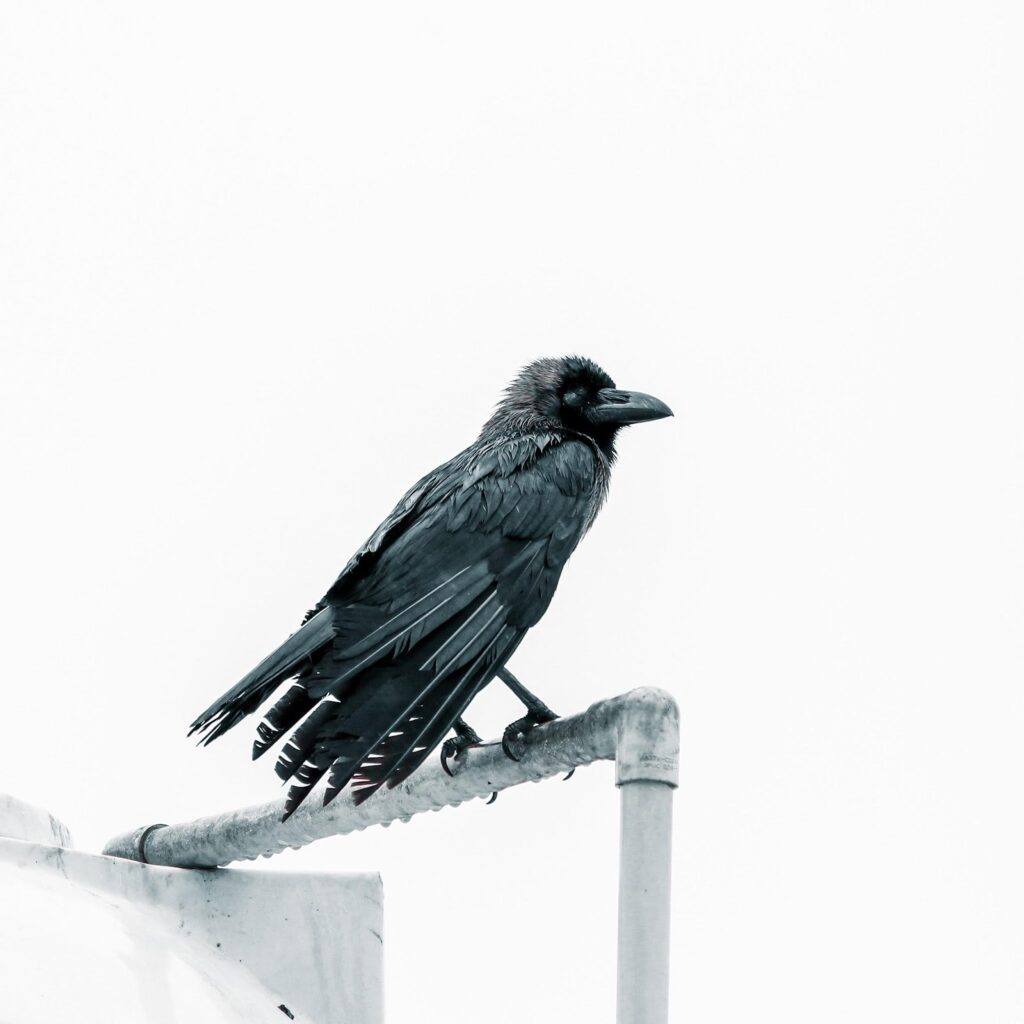Even if your pipes can handle ice forming inside them, it still means that the water inside your pipes is solid, instead of liquid, so it’s unable to flow when you turn on the taps until the water has melted again.
Speaking of melting water, that requires heat, such as from your water heater, but in the winter, even that might not be working like you’re used to, since the water heater’s water supply comes from the outside, a cold, cold outside, which makes the incoming water really cold as well, and if your water heater can’t heat it fast enough, perhaps due to age, or just not being made for such harsh winters, then your hot water will take longer than it otherwise would to actually get up to your expected temperature, or not get to that temperature at all. Or that extra strain might, possibly, rarely, but possibly, damage your water heater instead of just making it run slower.
One way to lower the chance of issues, is to keep your thermostat at a high enough temperature, such that all of your pipes are warm. A good setting is one where every room in your house is at least 13°C or 55℉. Having an insulated water heater is a good idea too, to keep its warmth in and make it easier to heat the nice hot water than you want.
And that’s just the problems that winter causes to water coming into your house. The water that’s trying to leave your house changes in the winter as well, given the large number of holidays and all that time that’s spent inside over the season.
With holidays comes parties and the food preparation for them, usually leading to greater amounts of cooking debris being sent down a drain that might *just* be handling it during the rest of the year, but because it’s working like you’re expecting it to, you can’t tell it’s just on the edge of failing. But, when food production ramps up in the winter, it might reach the point where the system’s overloaded.
Even if you don’t have big parties, you’re likely staying at home more, so more food waste is still going down the drain.
And in regards to waste, if you’re on a system with a septic tank, have you thought about the tank’s condition in the winter? Is it getting full? Have you ever tried draining it, in the cold, icy, winter? We don’t advise trying it. It’d be a lot safer for you and your septic system if you schedule an appointment so our professionals can evaluate it and tell you what you need to know.
Lastly, speaking of things possibly outside of your house, do you have any drains or sprinklers in your yard? That has its own plumbing, that’s especially vulnerable to the cold, since there’s no heat from indoors to protect it, and not all such installations are made with Canadian winters in mind.
If actually you’re not at home for the winter season and spending your holidays somewhere warm, that might even be worse for your plumbing, since you’re not at home and using it regularly, since regular usage is one way to monitor the status of your plumbing system and notice any strange goings on. But if you’re not at home, then issues that you’d otherwise notice, won’t be noticed since you aren’t there to notice them.

